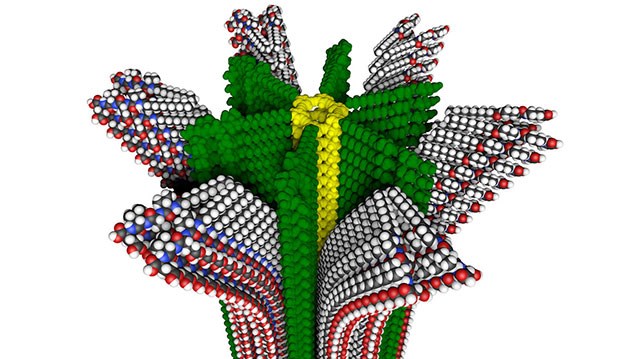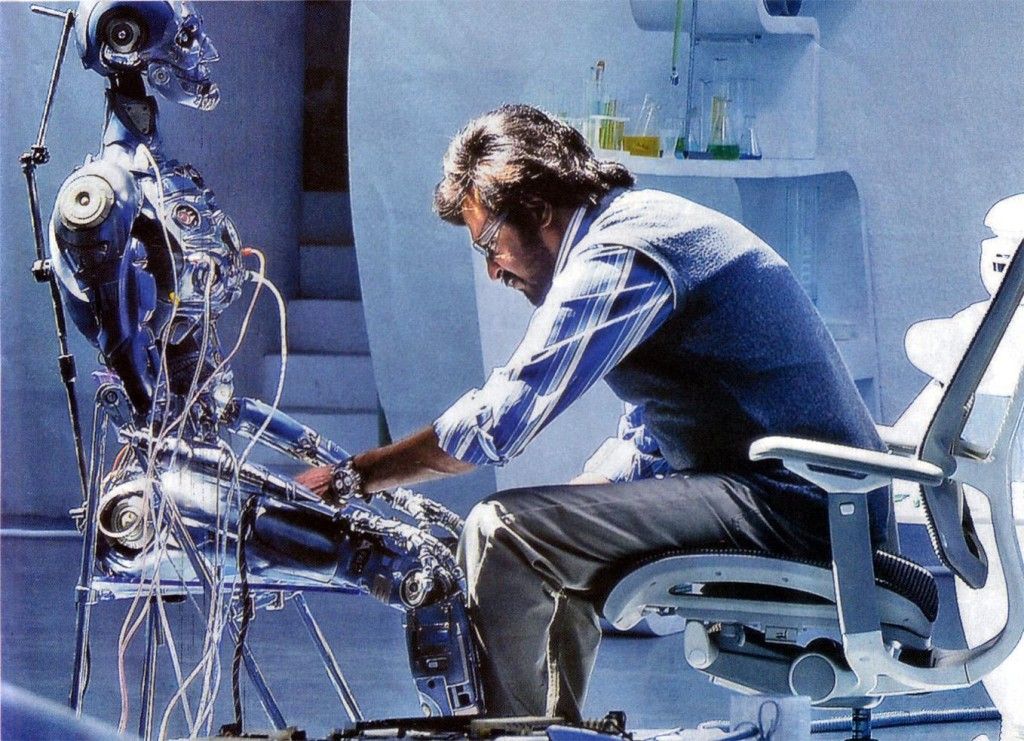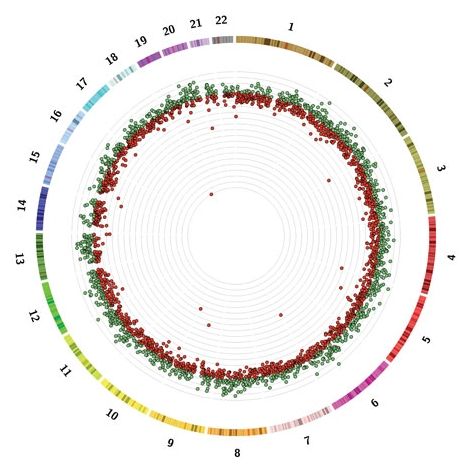Page 11703
The Watson 2016 Foundation is an independent organization formed for the advocacy of the artificial intelligence known as Watson to run for President of The United States of America.
It’s time to elect the first artificial intelligence into office.
Feb 5, 2016
Northwestern University researchers develop a hybrid polymer
Posted by Karen Hurst in categories: biotech/medical, computing, electronics, materials, nanotechnology
 What would be really cool is have a “Computer Screen in a Can”; take your polymer spray and instantly create a screen on a table, a window, suitcase, etc. with your “Computer Screen in a Can”; U Can! I can just imagine the infomercials. On a more serious note — NW Univ has developed a new Hybrid Polymer which is going to expand the capabilities of polymer into so many areas in medicine, to manufacturing, electronics, self reparing material & devices, etc.
What would be really cool is have a “Computer Screen in a Can”; take your polymer spray and instantly create a screen on a table, a window, suitcase, etc. with your “Computer Screen in a Can”; U Can! I can just imagine the infomercials. On a more serious note — NW Univ has developed a new Hybrid Polymer which is going to expand the capabilities of polymer into so many areas in medicine, to manufacturing, electronics, self reparing material & devices, etc.
http://www.compositesworld.com/news/northwestern-university-…id-polymer
A completely new hybrid polymer has been developed by Northwestern University (Evanston, IL) researchers.
“We have created a surprising new polymer with nano-sized compartments that can be removed and chemically regenerated multiple times,” said materials scientist Samuel Stupp, the senior author of the study and director of Northwestern’s Simpson Querrey Institute for BioNanotechnology. The study was published in the Jan. 29 issue of Science.
Continue reading “Northwestern University researchers develop a hybrid polymer” »
Feb 5, 2016
Why US tech giants are buying British AI start-ups
Posted by Karen Hurst in categories: mobile phones, robotics/AI, virtual reality
I will admit there is some great VR and AI talent in the UK.
U.S. giants such as Apple and Microsoft are flocking to the U.K. to buy artificial intelligence (AI) start-ups as Britain establishes itself as the go-to place for the technology.
Microsoft announced that it had acquired London-based Swiftkey, an AI start-up that makes a predictive keyboard for smartphones, on Wednesday for $250 million, sources close to the deal told CNBC.
Continue reading “Why US tech giants are buying British AI start-ups” »
Feb 5, 2016
Next generation of machine learning rockstars will trade Google and Facebook for top secret hedge funds
Posted by Karen Hurst in categories: finance, information science, robotics/AI
Nice — Bridgewaters engaged. Actually, not too surprised by this.
IBTimes UK spoke to AI finance startup Walnut Algorithms about machine learning and the financial sector.
Feb 5, 2016
Who’s to Blame (Part 1): The Legal Vacuum Surrounding Autonomous Weapons
Posted by Amnon H. Eden in categories: biotech/medical, law, military, robotics/AI
Future of Life Institute illustrate their objection to automated lethal robots:
“Outrage swells within the international community, which demands that whoever is responsible for the atrocity be held accountable. Unfortunately, no one can agree on who that is”
The year is 2020 and intense fighting has once again broken out between Israel and Hamas militants based in Gaza. In response to a series of rocket attacks, Israel rolls out a new version of its Iron Dome air defense system. Designed in a huge collaboration involving defense companies headquartered in the United States, Israel, and India, this third generation of the Iron Dome has the capability to act with unprecedented autonomy and has cutting-edge artificial intelligence technology that allows it to analyze a tactical situation by drawing from information gathered by an array of onboard sensors and a variety of external data sources. Unlike prior generations of the system, the Iron Dome 3.0 is designed not only to intercept and destroy incoming missiles, but also to identify and automatically launch a precise, guided-missile counterattack against the site from where the incoming missile was launched. The day after the new system is deployed, a missile launched by the system strikes a Gaza hospital far removed from any militant activity, killing scores of Palestinian civilians. Outrage swells within the international community, which demands that whoever is responsible for the atrocity be held accountable. Unfortunately, no one can agree on who that is…
Continue reading “Who’s to Blame (Part 1): The Legal Vacuum Surrounding Autonomous Weapons” »
Feb 5, 2016
Pan-Cancer Epigenetic Signature Readable in Circulating Tumor DNA
Posted by Karen Hurst in categories: biotech/medical, genetics
Could researchers found the magic bullet for cancer? NIH thinks possibly that they have.
Epigenetic marks seen across multiple cancers may serve as a biomarker for identifying solid tumor DNA in blood samples.
Feb 5, 2016
Inflammation in the Gut Increases Risk of Colon Cancer
Posted by Karen Hurst in category: biotech/medical
Repeated incidents of inflammation in the stomach could mean a higher risk to colon cancer — new research released shows this.
“A quarter of the world’s population is affected by some type of gut inflammation and these patients always have a much higher chance of developing colon cancer,” said lead author Xiling Shen, associate professor at Duke University in North Carolina, US.
The scientists focussed on a microRNA — a class of naturally occurring, small non-coding ribonucleic acid (RNA) molecules — called miR-34a that gives cancer stem cells the odd ability to divide asymmetrically. This process controls the cancerous stem cell population and generates a diverse set of cells.
Continue reading “Inflammation in the Gut Increases Risk of Colon Cancer” »
Feb 5, 2016
California Government May Soon Take Advantage of Augmented Reality
Posted by Karen Hurst in category: augmented reality
Way to go CA!
Dr. Gregory Curtin, founder and CEO of Civic Resource Group, said during remarks Wednesday, Feb. 3, at the Government Transformation conference in Sacramento that augmented reality software and devices are on the market now in products like HoloLens and Magic Leap, and there are already “profound” use cases for AR in the public sector.
Feb 5, 2016
UK Startup Ultrahaptics Is Making Virtual Reality ‘Feel’ More Real
Posted by Karen Hurst in categories: business, virtual reality

https://youtube.com/watch?v=EZAH7GU1MJs
Ultrahaptics — VR with sense and feeling.
Tom Carter’s ultrasound technology lets you touch and manipulate virtual objects—attracting interest from Jaguar Land Rover, Harman and dozens of others.
















